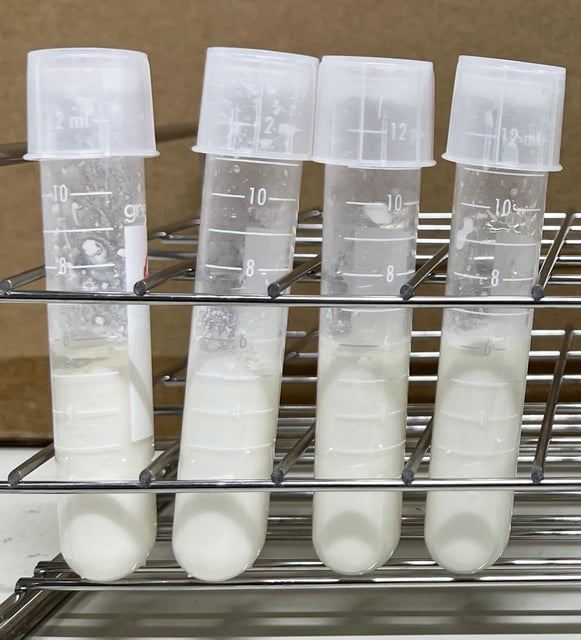Overview
- Kobe University researchers developed the Target-AID DNA base-editing system, enabling precise point mutations without double-strand breaks or foreign DNA templates.
- The method achieved nearly 100% editing efficiency in two Lactobacillus species and reduced a diabetes-aggravating compound in yogurt to less than one-tenth of its original level.
- The engineered Lactobacillus strains meet non-GMO regulatory standards, paving the way for potential commercialization after safety assessments.
- Target-AID supports multi-gene editing, expanding its applications for both industrial use and fundamental microbial research.
- The research team collaborated with Bio Palette Co. Ltd. to adapt the technology for industrially significant strains, with future potential for probiotics addressing various health concerns.
